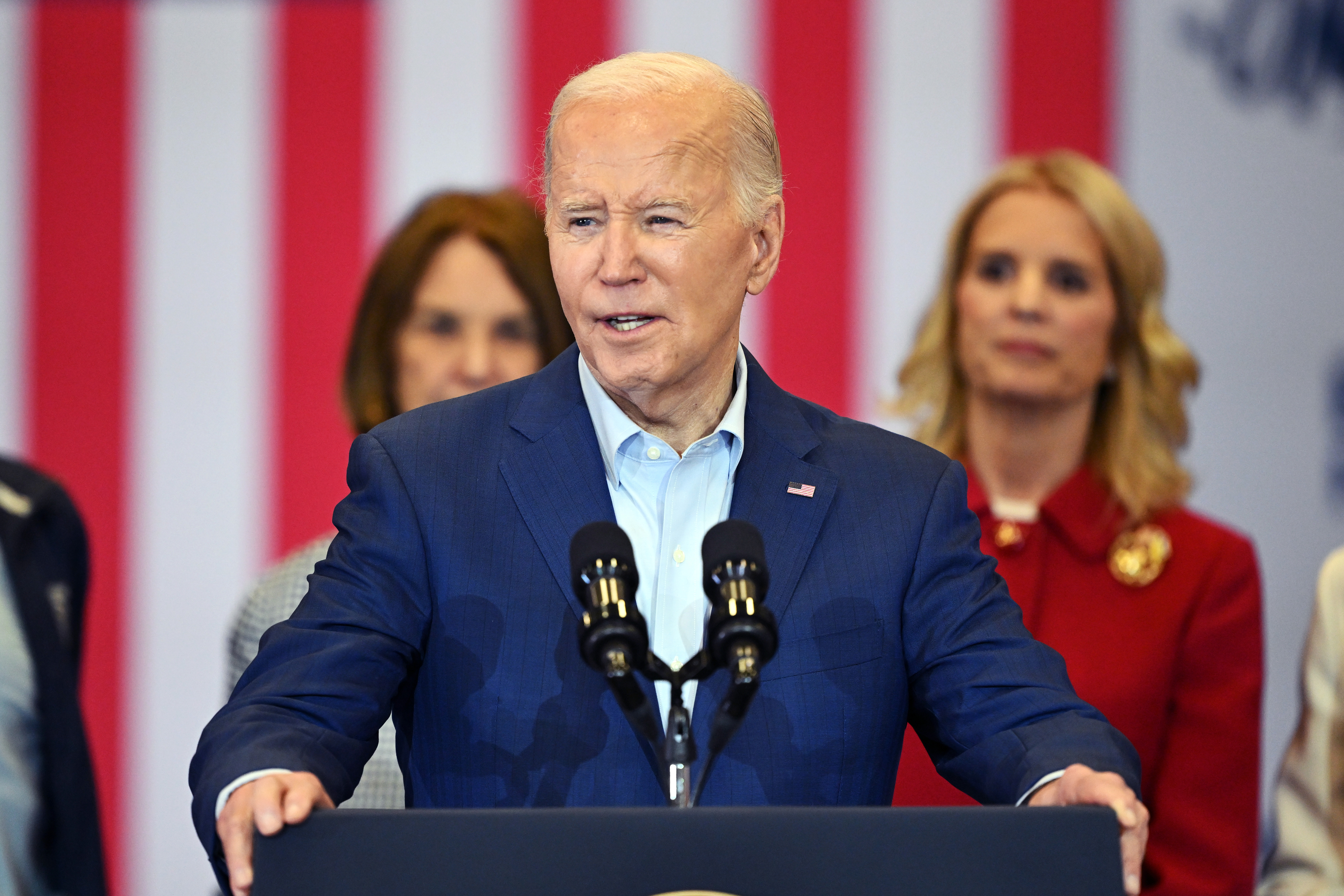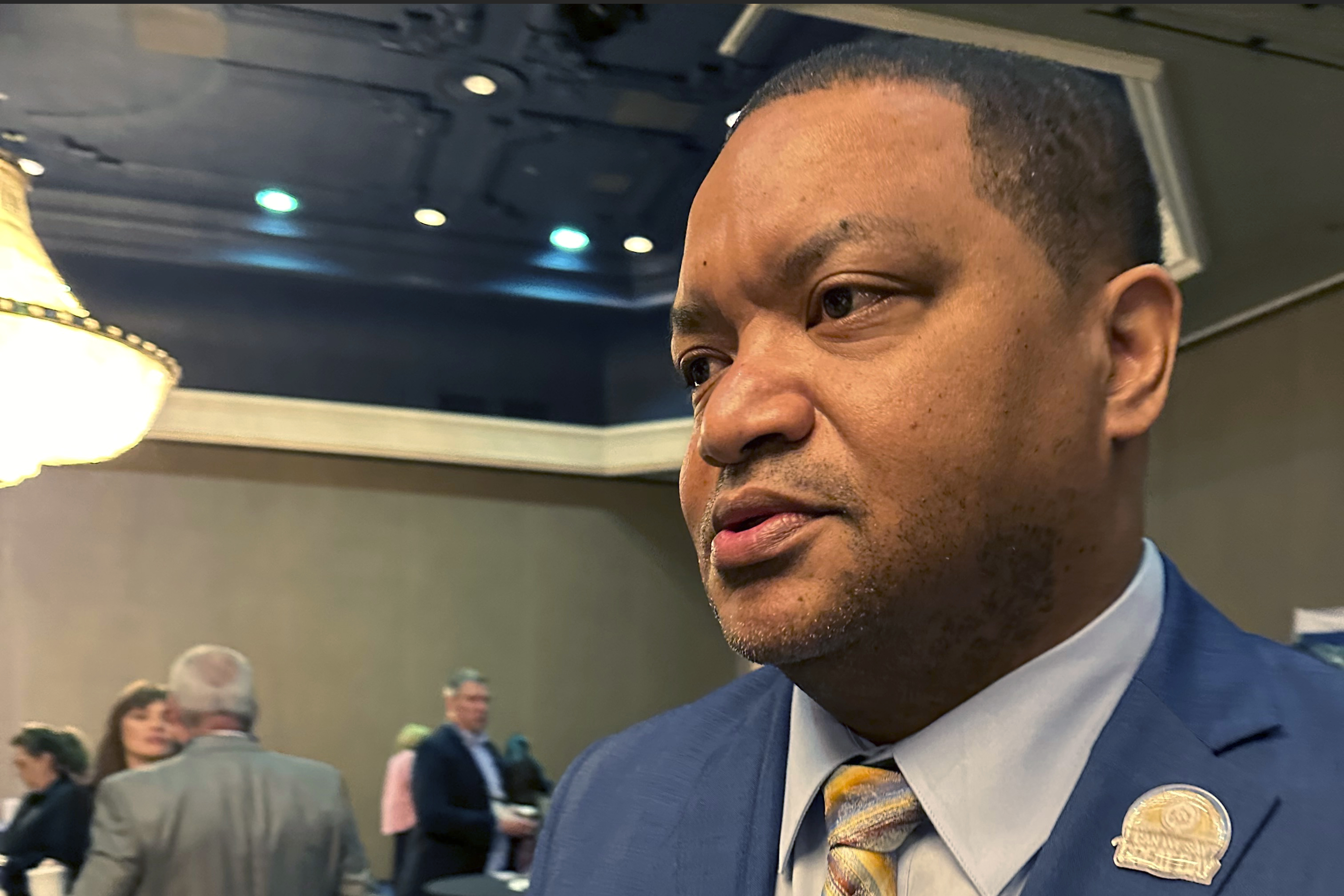Philadelphia Mayor Jim Kenney asked City Council on Thursday to pass a 6-percent increase in property taxes to help erase a nearly $1 billion budget deficit projected for the city's public schools over the next five years.
In total, Kenney asked for roughly $900 million in new funding for city schools during his 2017-2018 budget address. He also wants to halt a planned reduction in the wage tax.
The city formally takes back control of the School District of Philadelphia from the state-run School Reform Commission in July. The SRC, which is dissolving, has run the district for more than 16 years.
Philadelphia public schools have faced draconian funding cuts in recent years that included the closure and merger of schools, staffing cuts, and a lack of supplies. The city will inherit a district that serves more than 134,000 children.
"We can no longer afford to wait for other people to help us. ... No one else is coming to their rescue," Kenney said of city students. "Not from Harrisburg, not from Washington D.C., God knows."
The School District of Philadelphia is by far the largest district in the commonwealth and the eighth-largest in the country, but has historically been one of the most underfunded.
"Let me tell you, the children of the Philadelphia School District, the real underdogs, are hungry," Kenney said. "They’re hungry for the one thing that students and families in other parts of this state take for granted: hope. Hope for a better future. I stand here today ready to be held personally accountable for this."
Local
Breaking news and the stories that matter to your neighborhood.
If approved, the plan would eliminate the school district's deficit by 2024. The city wants to insulate the district from any state education funding changes, officials said.
So how much more will homeowners have to pay under the new proposal?
An example: Kenney's office says a homeowner whose property is valued at $113,000 would likely see their property tax bill increase by $95 in 2019.
A simple way to figure out how much more you would pay: Take the property taxes you paid in 2017 and multiply the number by 0.06. The result will be the increase.
Property taxes in Philadelphia last increased in 2015. Then-Mayor Michael Nutter called for a 9-percent property tax hike to fund Philly schools, but council eventually settled on a 4.5-percent increase. Two years before that, the city underwent an across-the-board property reassessment which resulted in major changes to property values and taxes.



